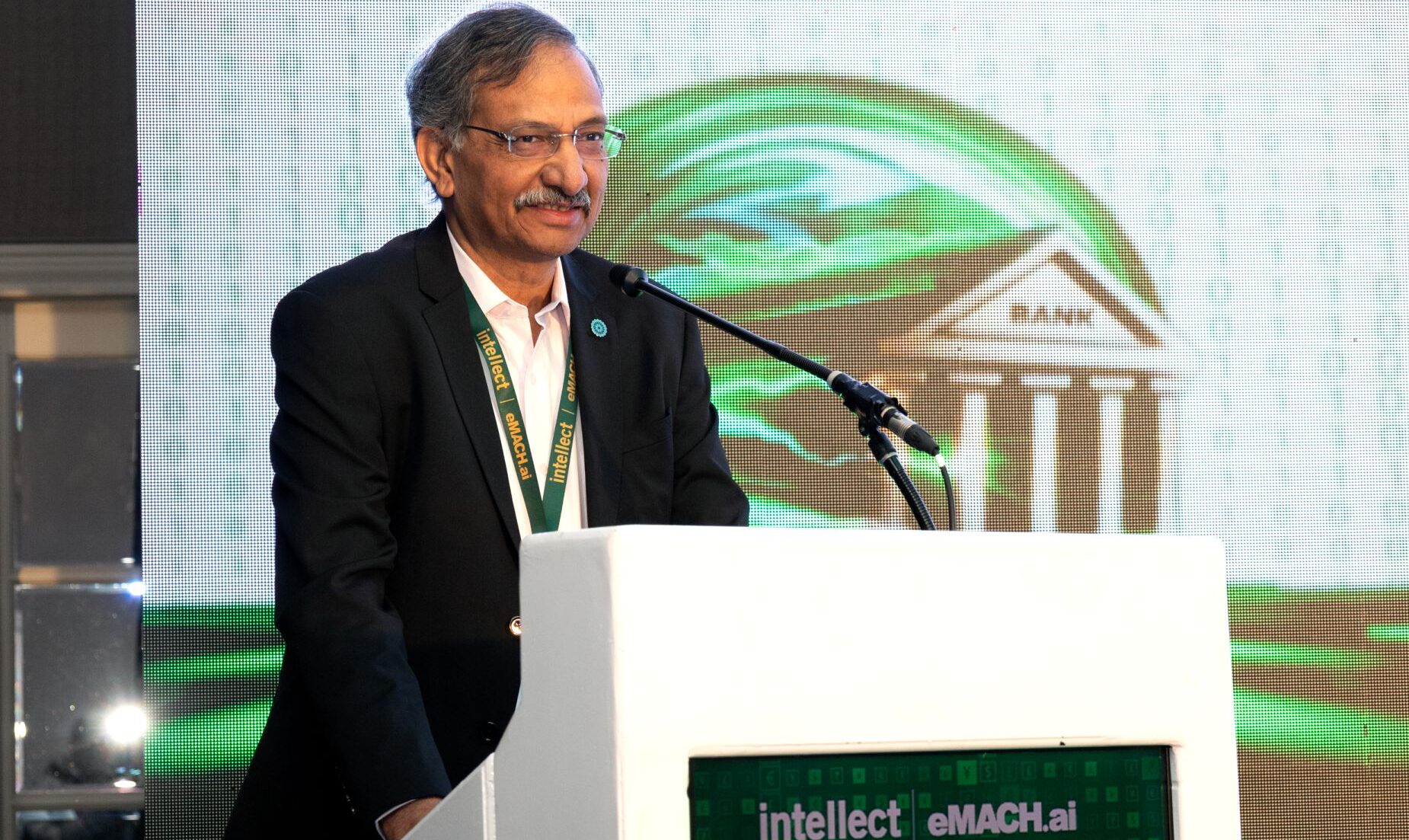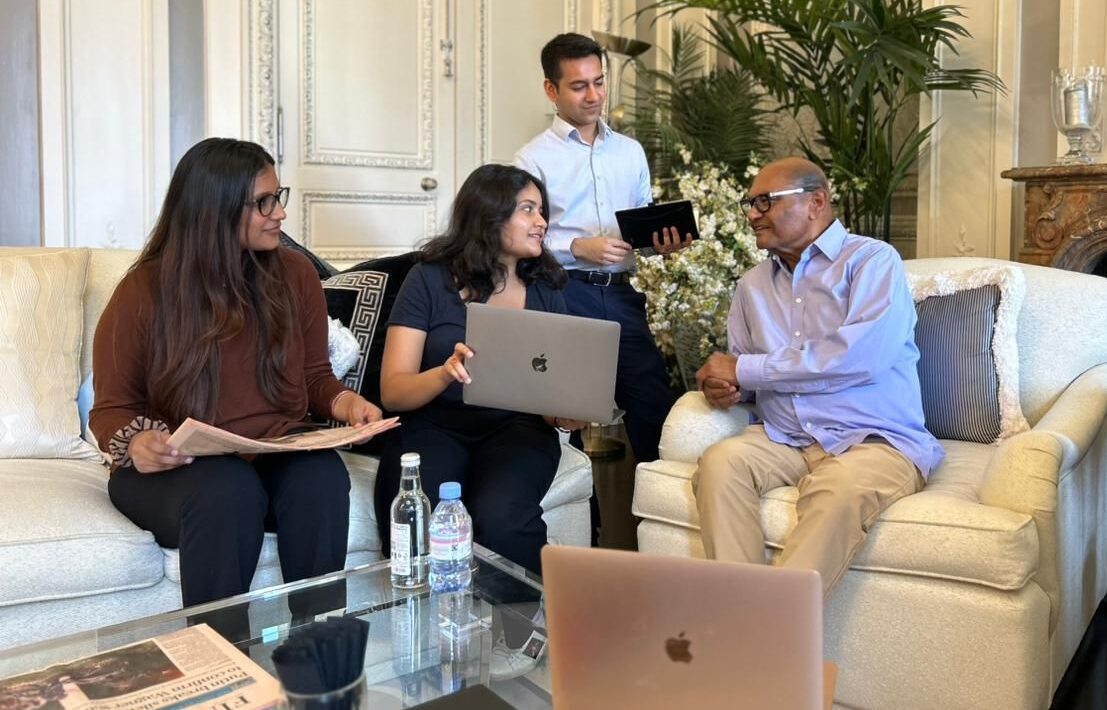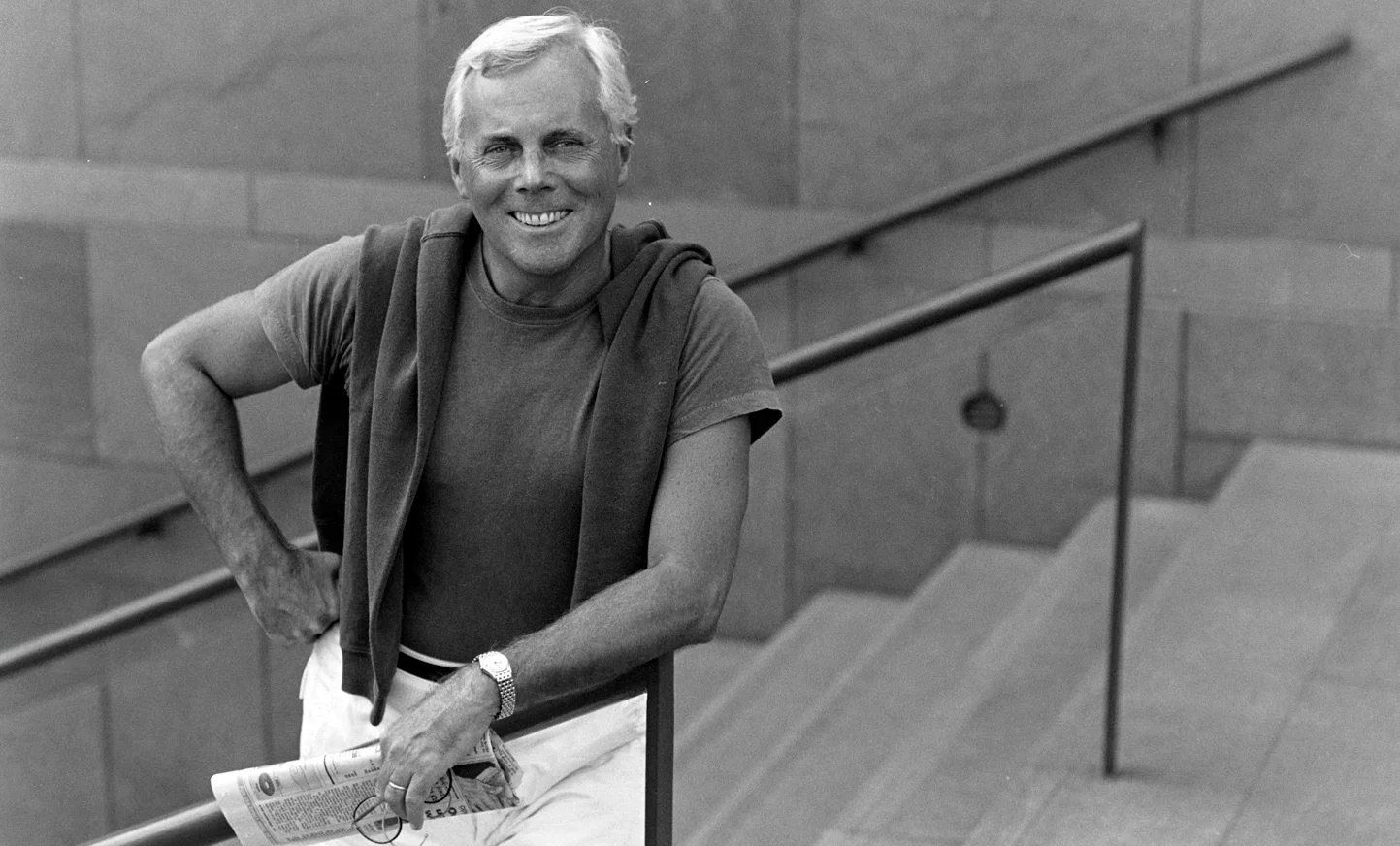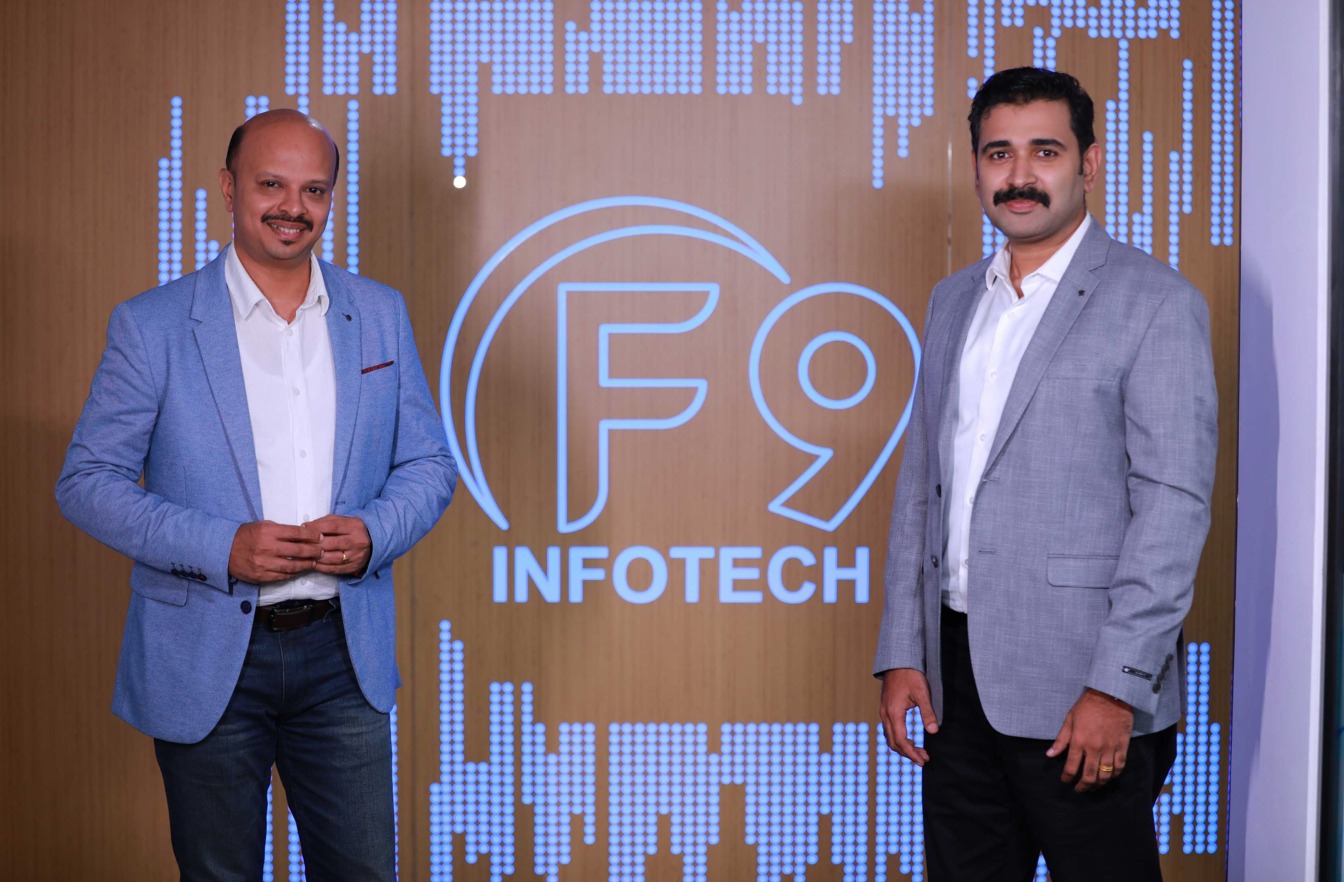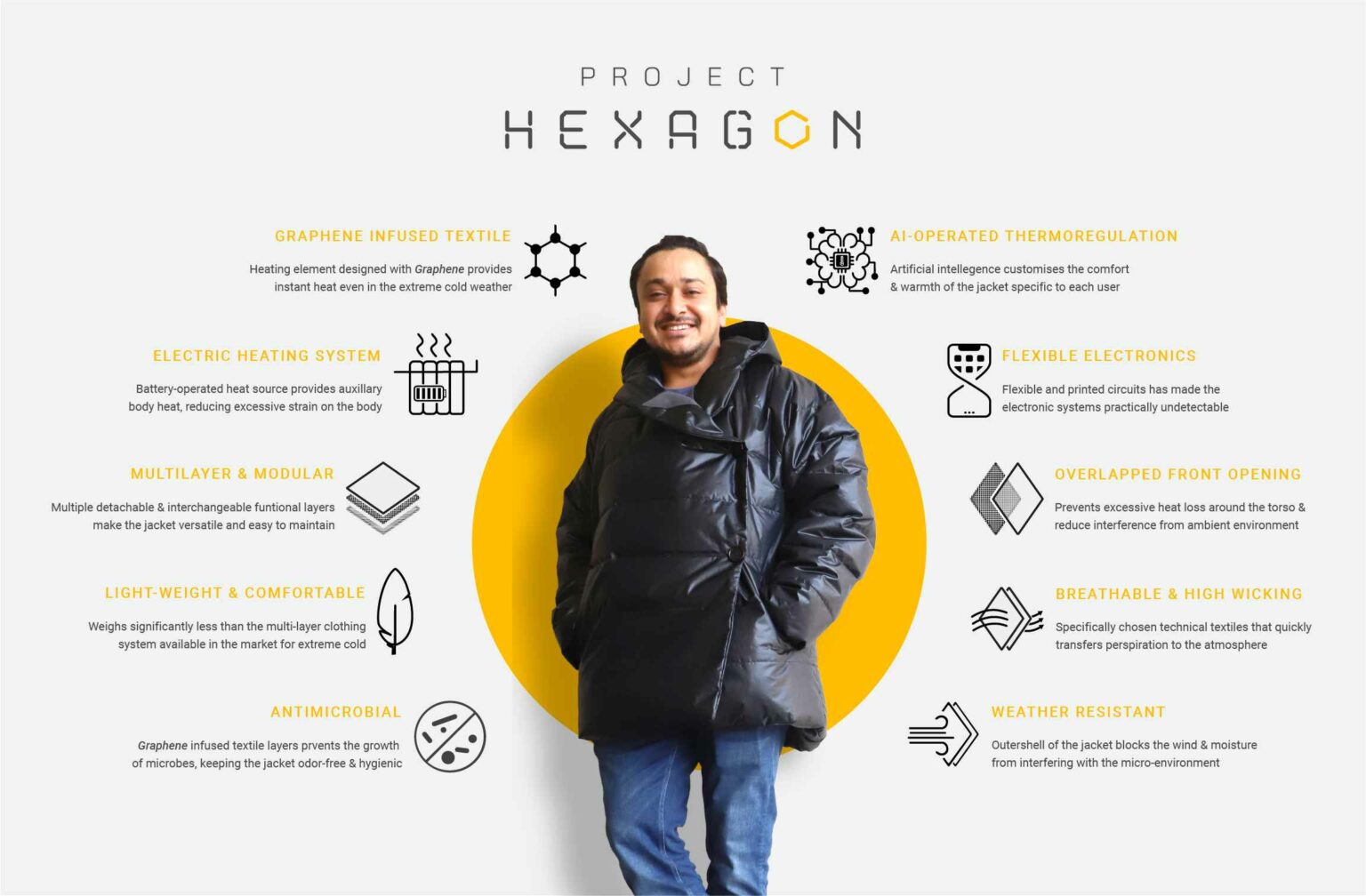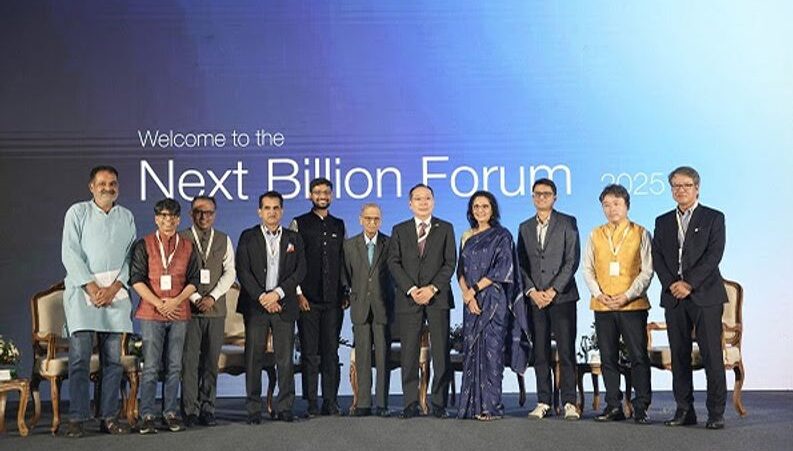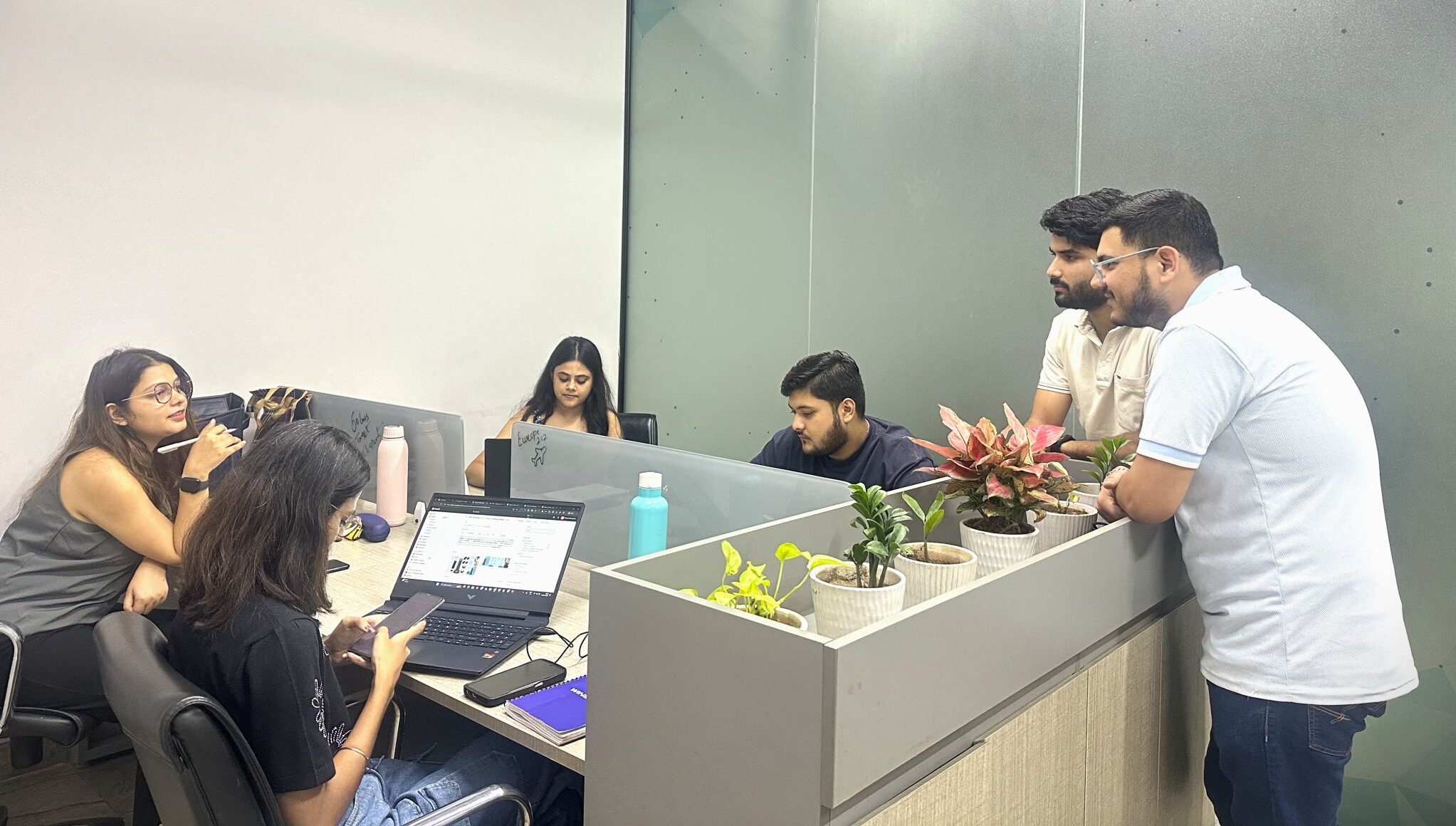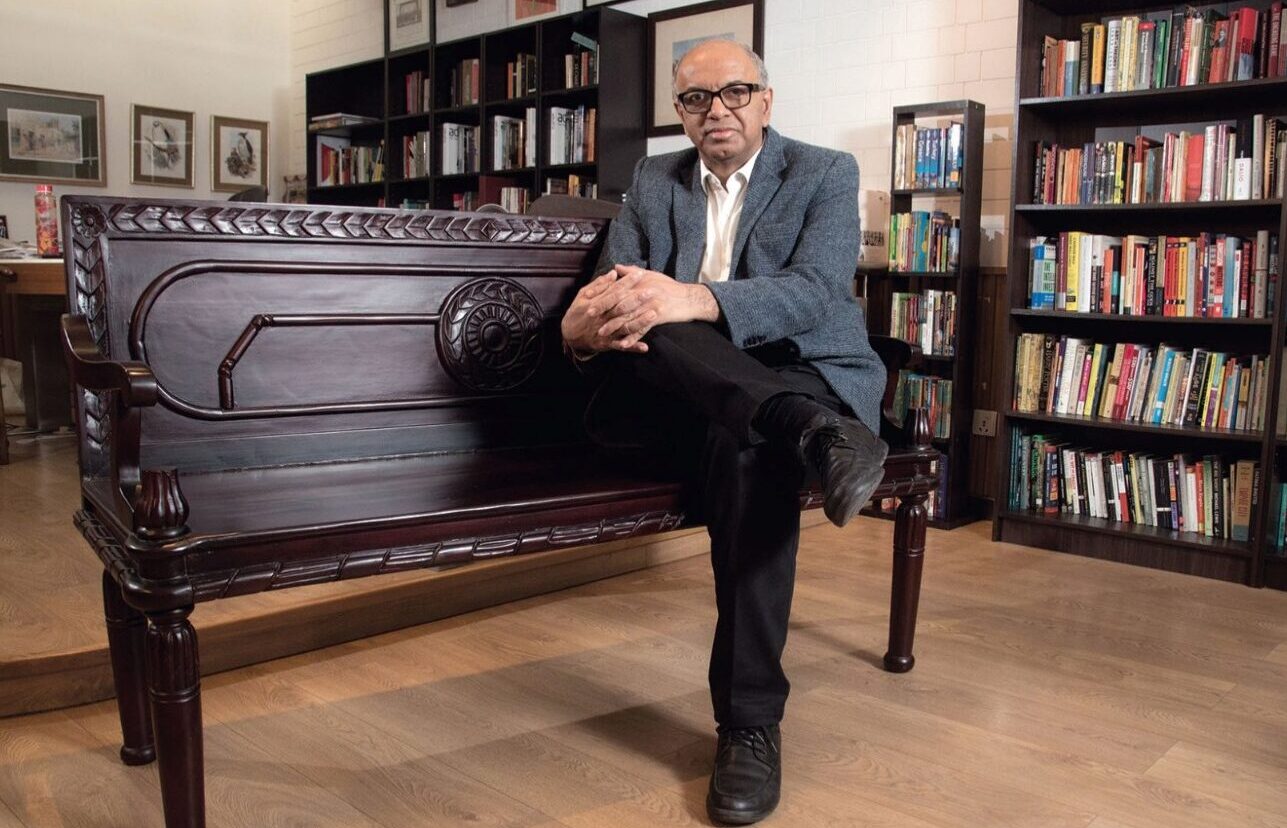In November 2015, as U.S.-based Virtusa announced a $180 million deal to acquire a majority stake in Polaris Software Lab, founder Arun Jain called it the “biggest decision of his life”. It was a defining moment in a journey that had begun over five decades earlier in the bylanes of Delhi and saw Jain rise to become a pioneering figure in India’s banking technology sector.

Along the way, he would engineer one of India’s first major global tech acquisitions, champion a culture of innovation, and even endure an overseas incarceration, experiences that together paint a portrait of a resilient entrepreneur with a human touch.
Early Life and Entrepreneurial Spark
Born in 1959 as the ninth of ten children in a middle-class Delhi family, Arun Jain grew up with modest means and big dreams. His father’s income as a government employee barely stretched to support the large family, and Jain later recalled struggling to pay school fees, an unassuming start to what would become a meteoric rise.
He showed flashes of entrepreneurial drive early on. As a teenager, he turned a small profit running a food stall during a school festival and even raised ₹3,000 by screening a movie for charity at 19. These ventures taught him the basics of business and stoked his ambition.
Choosing engineering over a short-lived stab at medical school, Jain earned a degree in electrical engineering from Delhi College of Engineering in 1983 . Rather than taking a conventional job, the 20-something graduate teamed up with two college seniors to start a small software company, International Information Systems.
A turning point came when his brother-in-law encouraged him to train in the United States. Jain spent six months at Wang Laboratories in the mid-1980s , an experience that opened his eyes to the burgeoning world of software and its global potential.
Founding Polaris and Banking on a Big Break
Fresh with new vision, Jain returned to India in 1986 and boldly bid for a Citibank software project in consumer banking, a contract that pitted his tiny firm against industry heavyweights. In a coup that astonished many, Jain’s team beat out giants like TCS and Infosys to win the deal.

“It was a major breakthrough for me,” he later said, recalling how this first big client became the cornerstone of his young business . Over the next five years, he nurtured the Citibank partnership, determined to prove the value of his solutions.
By 1993, however, Jain and his original co-founders were drifting apart in their vision. In response, he restructured the venture, a move that gave birth to Polaris Software Lab and allowed each partner to pursue separate paths.
With Polaris formally founded in 1993 (with an initial capital of just ₹10,000), Jain set out to build a niche in financial technology. He focused on banking, financial services and insurance software, initially leaning on Citibank as an anchor client, but also determined not to remain dependent on a single customer .
Polaris grew steadily through the 1990s. Jain proved adept at balancing ambition with prudence. He took the company public in 1997 and offered stock ownership to employees, a move that boosted morale and loyalty .
An early Polaris employee recalls: “People work on their own, instead of being asked to work. Jain likes to empower people to take [decisions]. He won’t micro-manage, but when things go wrong, he will step in,” reflecting on his leadership style .
As the new millennium approached, Polaris crossed ₹100 crore in revenues and expanded its client base beyond Citibank . Jain invested in a technology campus in Chennai to support growth. By the early 2000s Citibank’s share of Polaris’s revenue had fallen to 30% from nearly 100%.
In 2002 came a bold strategic leap: Polaris merged with OrbiTech, Citibank’s own IT subsidiary, an Indian company absorbing a multinational’s captive unit . The OrbiTech merger expanded Polaris’s global footprint and validated its independence.
By the mid-2000s, Polaris had established itself as a leading banking software company out of India, with over ₹2,100 crore in annual revenues by 2015 . Jain’s vision of “products and solutions designed and made in India for the world” was steadily coming to fruition .
Trials, Tribulations and Resilience
Even as Polaris rose, Jain’s journey was not without turbulence. In December 2002, a routine business trip turned into a nightmare when he was arrested and jailed in Jakarta, Indonesia over a commercial dispute.
Polaris had been implementing a software project for an Indonesian bank that abruptly canceled the $1.3 million contract, accusing Polaris of delays. When Jain flew to Jakarta to resolve the issue, the bank, reportedly with connections to local military, had him detained and demanded a $10 million payment.
Jain spent 11 days in custody before diplomatic pressure and industry appeals secured his release . He later called it an extortion attempt: “The setback in 2002 was not because of the quality of the deliverable but because of an incident where a mafia group wanted to extort money from me”.
A decade later, Jain faced a different trial on home turf. In 2012, SEBI accused him of insider trading and barred him from trading in securities for two years . The case dated back to 2000, when Polaris had quietly decided to call off a U.S. acquisition.
SEBI alleged that Jain delayed disclosure and sold company shares through an entity he controlled before the bad news became public . Jain denied wrongdoing, appealed, and in 2013 the Securities Appellate Tribunal overturned the ban .
For Jain, who prides himself on ethical leadership, the episode was a reputational trial. He noted that he had not sold a single Polaris share since 2002 , underscoring his long-term commitment to the company.
Intellect Design Arena and a New Chapter
By the mid-2010s, Jain began charting a new course. In 2014, he split Polaris into two entities, the services division and the products division . The products arm was spun off as Intellect Design Arena, dedicated to fintech products.
The following year, he agreed to sell Polaris’s services business to Virtusa, bringing in ₹1,173 crore . Jain, then 56, described the sale as an emotional yet strategic decision to “round off” one phase of his journey.
Rather than retire, he poured his energy into Intellect Design Arena, eager to build a world-class product company out of India’s Silicon Chennai. Today, Intellect offers a broad suite of banking and insurance technology platforms across 50+ countries.
Jain’s focus on design thinking is evident in Intellect’s culture: he set up a fintech design center in Chennai, and often speaks of paying attention to the “last 2%” of details that create a 200% customer experience.
Under his leadership, Intellect has grown to over 4,500 employees and earned global recognition. In 2015, Jain was honored as “Visionary of India” for his fintech transformation initiatives. He has also received a Lifetime Achievement Award from CII .
Beyond corporate boardrooms, Jain has turned toward community and mentorship. He funded small hospitals with part of the Polaris sale proceeds and launched Start-up Nukkad to mentor young entrepreneurs .
Through Mission Samriddhi and the Ullas Trust, Jain works to ignite potential in underprivileged youth and support rural development. These endeavors underscore his belief that ordinary people can achieve extraordinary things with the right support.
Story of Aspirations
Arun Jain’s story is a human story of aspiration, adversity, and adaptability. From a childhood in Delhi to boardrooms worldwide, he has navigated crossroads with boldness and empathy.
As the founder of Polaris and the driving force behind Intellect, he not only rode India’s IT revolution but helped shape its trajectory in banking technology. His journey, marked by visionary highs and tempered by unexpected lows, continues to inspire India’s growing tech community.
Also Read: Next Bharat Ventures’ ‘Next Billion Forum 2025’ convenes in Bengaluru









